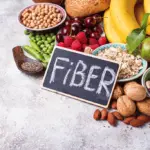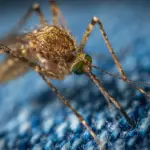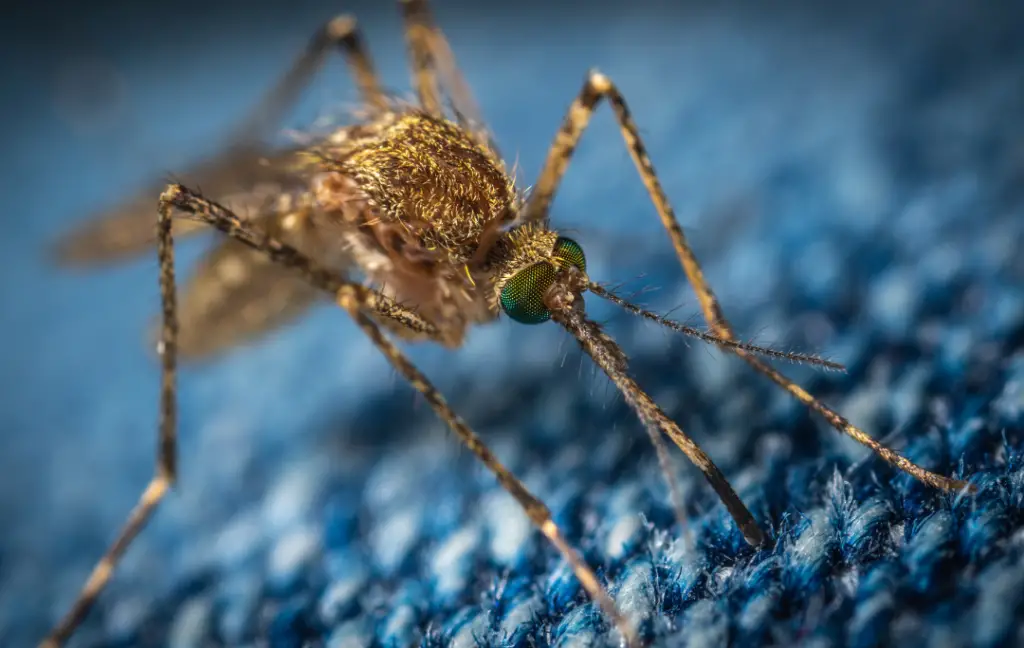
Mosquitoes can be a nuisance, especially during warm weather or in areas with standing water. In this article, we’ll explore the best times to spray for mosquitoes to effectively manage their population and minimize their impact on outdoor activities and health.
The Importance of Mosquito Control
Mosquitoes are not just annoying; they can also pose serious health risks by transmitting diseases such as malaria, dengue fever, Zika virus, and West Nile virus. Effective mosquito control is crucial not only for comfort but also for public health.
Types of Mosquito Spraying
There are different methods of mosquito control, including larvicides to target mosquito larvae in water sources and adulticides to target adult mosquitoes. Spraying for adult mosquitoes is a common method used to reduce their numbers in outdoor spaces.
Factors Affecting Mosquito Activity
Understanding the factors that influence mosquito activity can help determine the best times to spray. Mosquitoes are most active during dawn and dusk, but their activity can also be influenced by temperature, humidity, and wind speed.
When Is the Best Time to Spray for Mosquitoes
Effective mosquito control involves a targeted approach. It’s essential to identify mosquito breeding sites such as stagnant water sources and apply treatments accordingly. Additionally, spraying should be done strategically to cover areas where mosquitoes are most likely to gather.
Considerations for Residential and Public Areas
Mosquito spraying can be carried out in residential yards, parks, and other public spaces. However, it’s important to consider the impact on non-targeted insects, wildlife, and human health. Using environmentally friendly and safe insecticides is key.
Working with Professionals
While some homeowners may choose to handle mosquito spraying themselves, consulting with pest control professionals can ensure effective and safe mosquito control. Professionals have the expertise to assess mosquito activity and implement targeted spraying strategies.
Timing is Key: Best Times to Spray for Mosquitoes
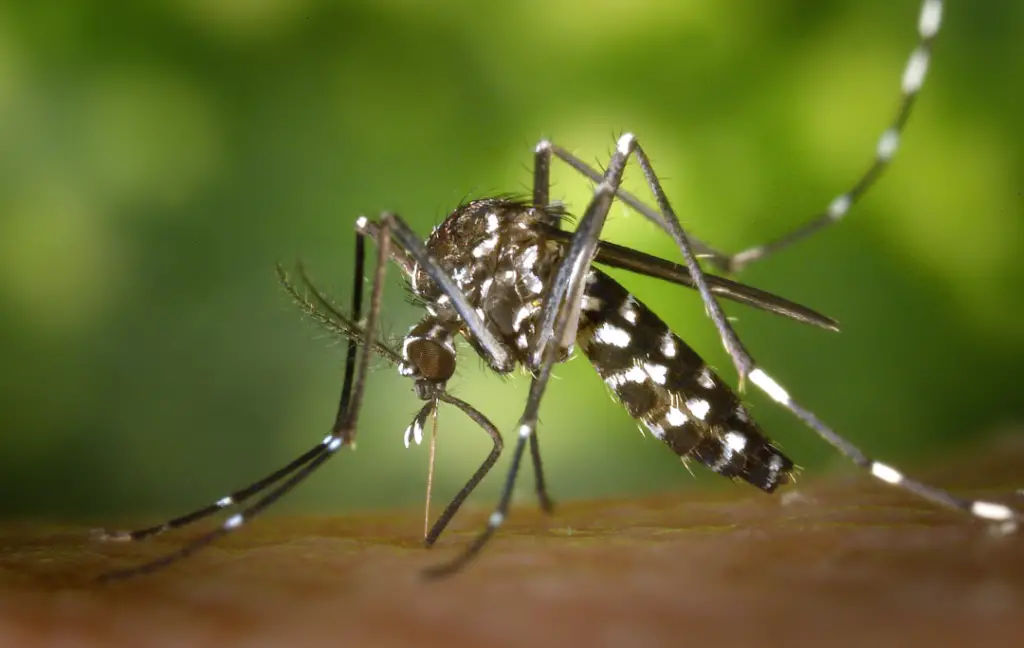
Determining the best times to spray for mosquitoes requires a nuanced understanding of mosquito behavior, environmental conditions, and the effectiveness of insecticides. In this section, we’ll delve into the optimal timing for mosquito spraying to achieve maximum efficacy in controlling mosquito populations.
Dawn and Dusk: Peak Mosquito Activity
Mosquitoes are most active during dawn and dusk, known as their peak feeding times. During these periods, they are actively seeking hosts for blood meals, making them more vulnerable to insecticide treatments. Spraying during these times can target mosquitoes when they are most active and reduce their numbers effectively.
Evening Spraying: Targeting Resting Mosquitoes
Evening hours, particularly around sunset, also present an opportune time for mosquito spraying. Mosquitoes tend to rest in vegetation and shaded areas during the evening, making them easier targets for insecticides. This period allows for more precise targeting of resting mosquitoes, leading to enhanced control measures.
Weather Considerations: Ideal Conditions for Spraying
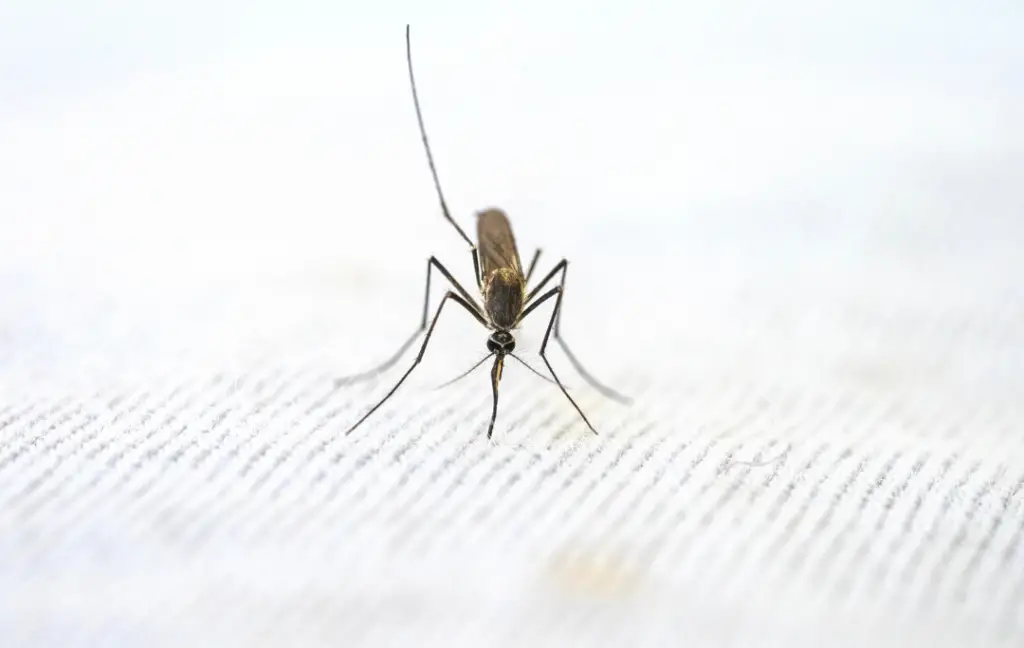
Weather conditions play a crucial role in the effectiveness of mosquito spraying. Optimal conditions include calm winds (below 5 mph) to ensure proper dispersion of insecticides, moderate temperatures (between 70-90°F) that facilitate mosquito activity, and low humidity levels to prevent rapid evaporation of insecticide droplets.
Avoiding Rain and High Humidity
Rainfall can significantly reduce the effectiveness of mosquito spraying as it washes away insecticides. It’s advisable to avoid spraying during or immediately after rain showers to ensure the longevity of treatment. Similarly, high humidity levels can cause insecticide droplets to disperse too quickly, diminishing their efficacy.
Consistency is Key: Regular Spraying Schedule
Maintaining a consistent spraying schedule is essential for sustained mosquito control. Depending on the mosquito species and environmental conditions, spraying may need to be conducted weekly or bi-weekly during peak mosquito seasons. Consistency helps prevent mosquito populations from rebounding and ensures continuous protection.
Monitoring and Adjusting Strategies
Effective mosquito control requires ongoing monitoring and the flexibility to adjust spraying strategies as needed. Monitoring mosquito populations, tracking weather patterns, and evaluating the efficacy of insecticides are crucial aspects of mosquito control programs. Adjustments may be necessary based on monitoring data to optimize control efforts.
Mosquito Spraying Methods and Insecticides
Effective mosquito control relies on the use of appropriate insecticides and spraying methods. In this section, we’ll explore the different types of insecticides commonly used in mosquito spraying, their effectiveness, safety considerations, and environmental impact.
Larvicides: Targeting Mosquito Larvae
Larvicides are insecticides specifically designed to target mosquito larvae in their breeding habitats such as stagnant water sources. These insecticides can be applied directly to water bodies or breeding sites to prevent mosquito larvae from developing into adult mosquitoes. Larviciding is an effective preventive measure in mosquito control programs.
Adulticides: Targeting Adult Mosquitoes
Adulticides are insecticides formulated to target adult mosquitoes. They are typically sprayed using equipment such as foggers, mist blowers, or spray trucks to cover large outdoor areas. Adulticides work by either killing mosquitoes on contact or disrupting their nervous system, leading to mortality.
Types of Insecticides Used
There are several types of insecticides used in mosquito spraying, including pyrethroids, organophosphates, and microbial agents. Pyrethroids are synthetic insecticides that mimic natural pyrethrins, targeting the nervous system of mosquitoes. Organophosphates act on the nervous system as well but are less commonly used due to their potential toxicity to humans and non-targeted organisms. Microbial agents such as Bacillus thuringiensis var. israelensis (Bti) are biological insecticides that target mosquito larvae specifically, making them environmentally friendly options.
Effectiveness of Insecticides
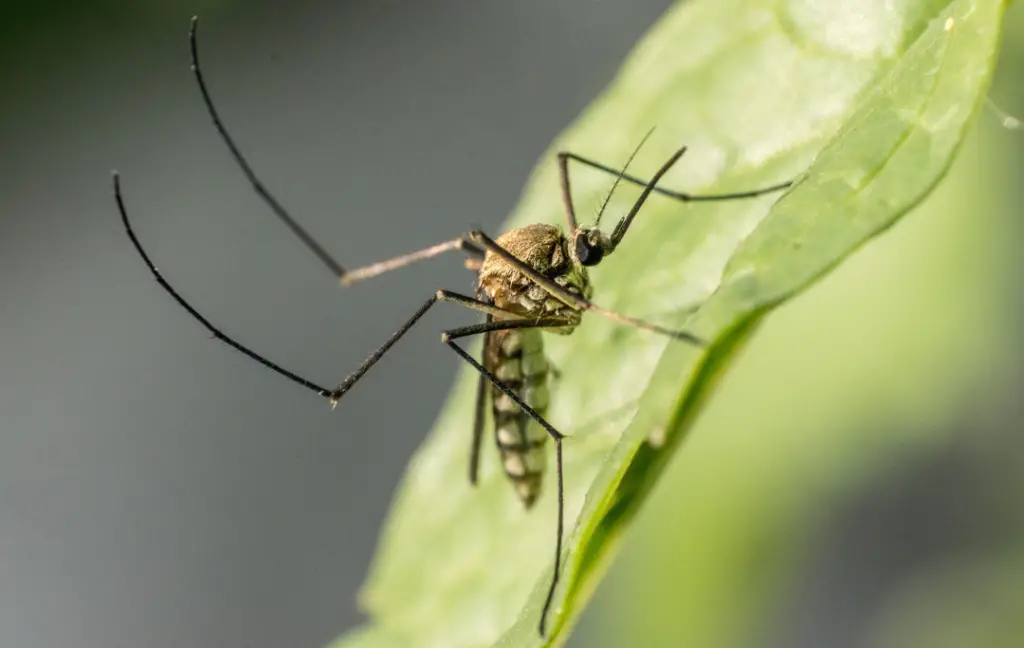
The effectiveness of insecticides depends on various factors, including mosquito species, application method, dosage, and environmental conditions. Pyrethroids are widely used and effective against a range of mosquito species but may lead to insecticide resistance over time. Larvicides like Bti are highly effective against mosquito larvae without harming non-targeted organisms.
Safety Considerations
Safety is a critical aspect of mosquito spraying. While insecticides are designed to target mosquitoes, they can also impact other insects, wildlife, and humans if not used properly. Following safety guidelines, using appropriate protective gear, and employing integrated pest management (IPM) strategies can minimize potential risks.
Environmental Impact
The environmental impact of mosquito spraying depends on the type of insecticides used and their application methods. Pyrethroids and organophosphates can have adverse effects on non-targeted organisms and ecosystems if not applied responsibly. Choosing environmentally friendly insecticides and implementing targeted spraying strategies can mitigate environmental risks.
Residential and Public Mosquito Spraying Programs
Mosquito spraying programs extend beyond individual efforts to encompass residential and public initiatives aimed at controlling mosquito populations on a broader scale. In this section, we’ll delve into the considerations, challenges, regulations, and community involvement associated with residential and public mosquito spraying programs.
Challenges in Mosquito Control
Residential and public mosquito spraying programs face various challenges, including limited resources, diverse mosquito species, varying environmental conditions, and public health concerns. Balancing effective mosquito control with environmental stewardship and public safety is a complex task.
Regulations and Guidelines
Mosquito spraying programs are subject to regulations and guidelines set by local, state, and federal authorities. These regulations often dictate the types of insecticides that can be used, application methods, safety protocols, and permissible spraying times. Adhering to regulations ensures compliance and minimizes potential risks.
Community Involvement and Education
Community involvement is crucial in mosquito control efforts. Educating residents about mosquito breeding habitats, prevention measures, and the importance of mosquito control fosters a sense of responsibility and encourages proactive participation. Community partnerships and outreach initiatives can enhance the effectiveness of mosquito control programs.
Integrated Pest Management (IPM) Approach
Integrated Pest Management (IPM) is a comprehensive approach to pest control that integrates multiple strategies, including biological, cultural, physical, and chemical methods. In mosquito control, IPM emphasizes the use of non-chemical measures such as habitat modification, source reduction, and biological controls alongside targeted insecticide applications.
Public Health Considerations
Mosquito spraying programs prioritize public health by targeting mosquito-borne diseases and reducing the risk of disease transmission. Effective mosquito control can prevent outbreaks of diseases such as West Nile virus, Zika virus, and dengue fever, safeguarding public well-being.
Challenges in Public Mosquito Spraying
Public mosquito spraying programs face unique challenges, including public perception, environmental concerns, budget limitations, and the need for coordination with various stakeholders. Balancing the interests of diverse communities while ensuring effective mosquito control requires strategic planning and collaboration.
Monitoring and Evaluation of Mosquito Spraying Programs
Effective mosquito control programs rely on ongoing monitoring, data collection, and evaluation to assess the impact of spraying efforts and make informed decisions. In this section, we’ll delve into the science of monitoring mosquito populations, surveillance techniques, outcome assessments, and the role of data-driven strategies in refining mosquito control programs.
Mosquito Surveillance Techniques
Mosquito surveillance involves the systematic collection and analysis of mosquito data to track population trends, monitor disease prevalence, and assess the effectiveness of control measures. Surveillance techniques may include trapping mosquitoes, collecting larvae and pupae, and conducting disease testing.
Data Collection and Analysis
Data collection in mosquito surveillance programs encompasses various parameters, including mosquito species abundance, distribution, breeding habitats, weather conditions, insecticide resistance, and disease incidence. Advanced data analysis techniques help identify patterns, trends, and areas of concern for targeted interventions.
Outcome Assessments
Outcome assessments evaluate the effectiveness of mosquito spraying programs by measuring key indicators such as mosquito population reduction, disease transmission rates, public health outcomes, and environmental impact. Assessing outcomes allows for adjustments and improvements in control strategies.
Integrated Data-Driven Strategies
Integrated data-driven strategies combine surveillance data, environmental data, and public health data to inform decision-making in mosquito control programs. Geographic Information Systems (GIS) and modeling tools facilitate spatial analysis, risk mapping, and resource allocation for targeted interventions.
Community Feedback and Participation
Community feedback and participation play a vital role in monitoring and evaluating mosquito spraying programs. Engaging with residents, collecting feedback on spraying effectiveness, addressing concerns, and fostering community partnerships enhance program transparency and effectiveness.
Continuous Improvement and Adaptation
Continuous improvement is central to mosquito control programs. Regular evaluations, stakeholder consultations, scientific research, and technological advancements contribute to the refinement and adaptation of control strategies. Flexibility and agility in response to changing mosquito populations and environmental conditions are key to success.
Conclusion and Key Takeaways
In this comprehensive exploration of mosquito spraying practices, we’ve delved into the intricacies of determining the best times to spray for mosquitoes, understanding mosquito behavior, selecting appropriate insecticides, implementing control strategies, and evaluating program effectiveness. Here are the key takeaways from our discussion:
1. Timing Matters: The best times to spray for mosquitoes are during their peak activity periods, such as dawn and dusk, as well as in the evening when mosquitoes are resting. Optimal weather conditions, including calm winds and moderate temperatures, enhance spraying efficacy.
2. Selecting the Right Insecticides: Larvicides and adulticides are essential tools in mosquito control, targeting mosquito larvae and adult populations, respectively. Choosing environmentally friendly and effective insecticides is crucial for minimizing environmental impact and maximizing control outcomes.
3. Integrated Pest Management (IPM): Adopting an integrated approach that combines chemical, biological, and cultural methods is key to sustainable mosquito control. IPM emphasizes proactive measures, habitat modification, and targeted insecticide applications.
4. Community Engagement: Engaging communities in mosquito control efforts fosters collaboration, raises awareness, and promotes responsible practices. Educating residents about mosquito breeding sites, prevention measures, and the importance of mosquito control enhances program effectiveness.
5. Data-Driven Strategies: Monitoring, data collection, and outcome assessments are fundamental in refining mosquito control programs. Utilizing surveillance techniques, advanced data analysis, and community feedback allows for informed decision-making and continuous improvement.
6. Continuous Improvement: Mosquito control is an ongoing process that requires adaptability, innovation, and continuous improvement. Regular evaluations, stakeholder consultations, and technological advancements contribute to the evolution of effective control strategies.
In conclusion, effective mosquito control requires a multi-faceted approach that considers timing, insecticides, programmatic considerations, community engagement, and data-driven strategies. By implementing integrated and sustainable mosquito control practices, we can mitigate the impact of mosquitoes on public health and well-being.
Thank you for joining us on this journey through the world of mosquito spraying practices. Stay informed, stay proactive, and together, we can create healthier and safer environments for all.

